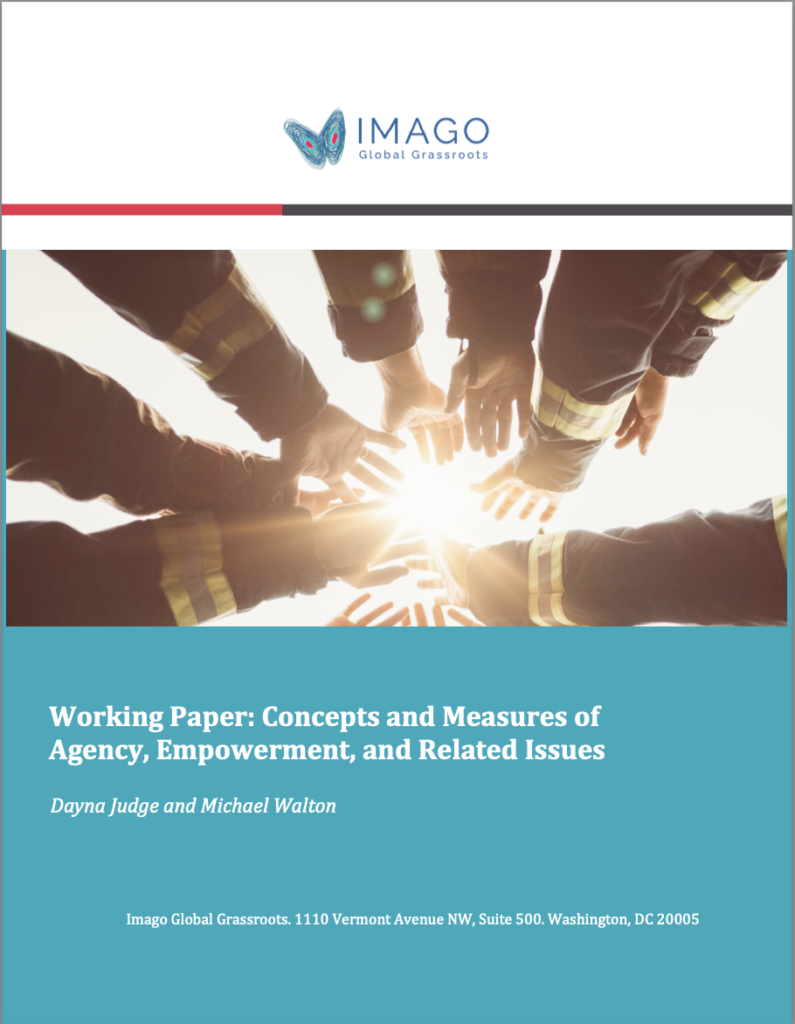
Working Paper
How Recife responded to the challenge of learning deficit...
May 12th 2025
School closures during COVID-19 caused learning losses worldwide, often compoundin...
Read More

A link to the pdf of the full paper is here.
This paper explores the idea of empowerment and related concepts in the context of global development. It provides an overview of concepts, examples of previous measurements, and an evaluation of how effective various types of indicators have been. We hope to provide a resource that can be of use when developing surveys and other methods to assess changes in empowerment, agency, and the like. The purpose of this paper is to note promising avenues of research worth pursuing, and to suggest improvements for indicators currently in use.
In order to discuss these topics, we must first begin with a working definition of what we mean by each of them. Amartya Sen’s capability approach is considered foundational in this literature; we therefore utilize his definition of agency. Agency is a person’s capability to act on behalf of what he or she values, and has reason to value. According to Sen, it is intrinsically valuable and instrumentally effective at poverty alleviation (Sen 1984). A related, though not completely synonymous, concept is that of empowerment. In her overview of agency, Alkire (2005) notes the diversity of conceptions of empowerment in existing studies. Because of this, she says, in her work “no attempt was made to choose [only] one.” However, we believe that empowerment is best defined in her words as “the instrumental strength of agency in the relevant spheres.”
Dignity is defined in this paper as “the ability to feel important and valuable in relation to others, communicate this to others, and to be treated as such by others.” (Khatib and Armenian 2010) Conversely, shame can be described as a violation of dignity. Shame is defined as a “global, painful, and devastating experience in which the self, not just [a] behavior, is painfully scrutinized and negatively evaluated… This global, negative affect is often accompanied by a sense of shrinking and being small, and by a sense of worthlessness and powerlessness.” (Sabini and Silver 1997, 3)
We might be tempted to use the term “humiliation” as opposed to shame. The two are closely related, but not precisely one and the same. Hartling and Luchetta (1999) describe humiliation as “the deep dysphoric feeling associated with being, or perceiving oneself as being, unjustly degraded, ridiculed, or otherwise put down- in particular, one’s identity has been demeaned or devalued.” This implies that humiliation requires the influence of an outside actor to induce the feeling. We prefer to use shame here, as it refers to a person’s evaluation of themselves, regardless of whether this feeling occurred through the actions of another or others. We further discuss the distinction between shame and humiliation in a later section. For now, it suffices to say that we prefer to examine indicators of shame.